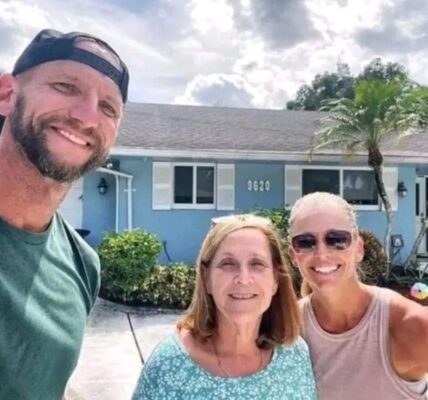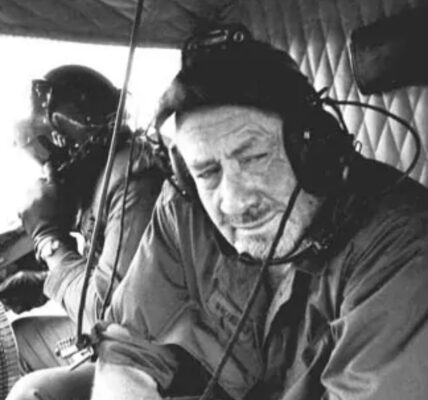Irene Gut Opdyke was born in Poland in 1922, the daughter of a Catholic family that raised her with faith, discipline, and a sense of duty. From an early age, she dreamed of becoming a nurse. Healing was her calling, she believed, and she wanted nothing more than to devote her life to helping others.

By 17, she was finally old enough to pursue that dream and enrolled in nursing school. But almost as soon as her studies began, war came crashing into her life. In September 1939, Germany invaded Poland, and everything Irene knew about the world was shattered.
At first, she tried to carry on, holding tightly to her hope of nursing. But the war made its own demands. Poland was torn apart, its people forced into labor and its Jewish citizens targeted with brutal cruelty. Irene soon found herself working wherever she was assigned — first in a munitions factory, making supplies for the German front. Later, she was ordered to work in a hotel where Nazi soldiers lived, ate, and relaxed between their campaigns.
It was there, amid the uniforms, the harsh orders, and the constant fear, that Irene’s life changed forever.
One day, she witnessed an act of horror that seared itself into her memory. A German soldier, without hesitation, lifted a Jewish infant and threw the child to the ground. Irene froze in shock, her stomach turning, her heart breaking. In that moment, she knew she could never stand by in silence.
She decided then and there: she would do whatever she could to protect Jewish lives. Even if it meant risking her own.

From that point on, Irene lived a double life. Outwardly, she was the obedient worker — the quiet girl who carried trays, scrubbed floors, and followed orders. But behind that mask, she was listening. Whenever German officers discussed their plans, Irene paid attention. She passed along warnings to her Jewish coworkers, alerting them to impending raids so they could escape or hide.
At great risk, she smuggled food and travel papers to those who were hiding in forests, where hunger and cold were as dangerous as the soldiers themselves. And her bravery only grew bolder with time.
Perhaps her most extraordinary act of defiance came when she found herself working as a housekeeper in the home of a Nazi officer. The man trusted her, never suspecting what she would do. Under his very roof, Irene hid 12 Jewish men and women, sheltering them from almost certain death. Each day was a game of life and death, as she carefully kept them concealed, brought them food, and shielded them from discovery.
The danger was constant. A single sound, a misplaced item, a suspicious glance — any of it could have led to her execution. Yet Irene persevered. She told herself that one life saved was worth any cost.
By the time the war ended, Irene had helped save many lives. Her courage did not come without scars; the horrors she had seen and the risks she had taken left their mark. But she lived knowing she had chosen compassion over fear, humanity over silence.
Years later, Irene Gut Opdyke would tell her story not to be praised, but to remind the world of what happens when ordinary people find the strength to act. She had been a young woman with simple dreams of nursing, thrust into the chaos of war. Yet when faced with unspeakable cruelty, she became something more: a beacon of defiance, a protector, and a reminder that even in the darkest times, one person’s courage can be the light that saves others.




